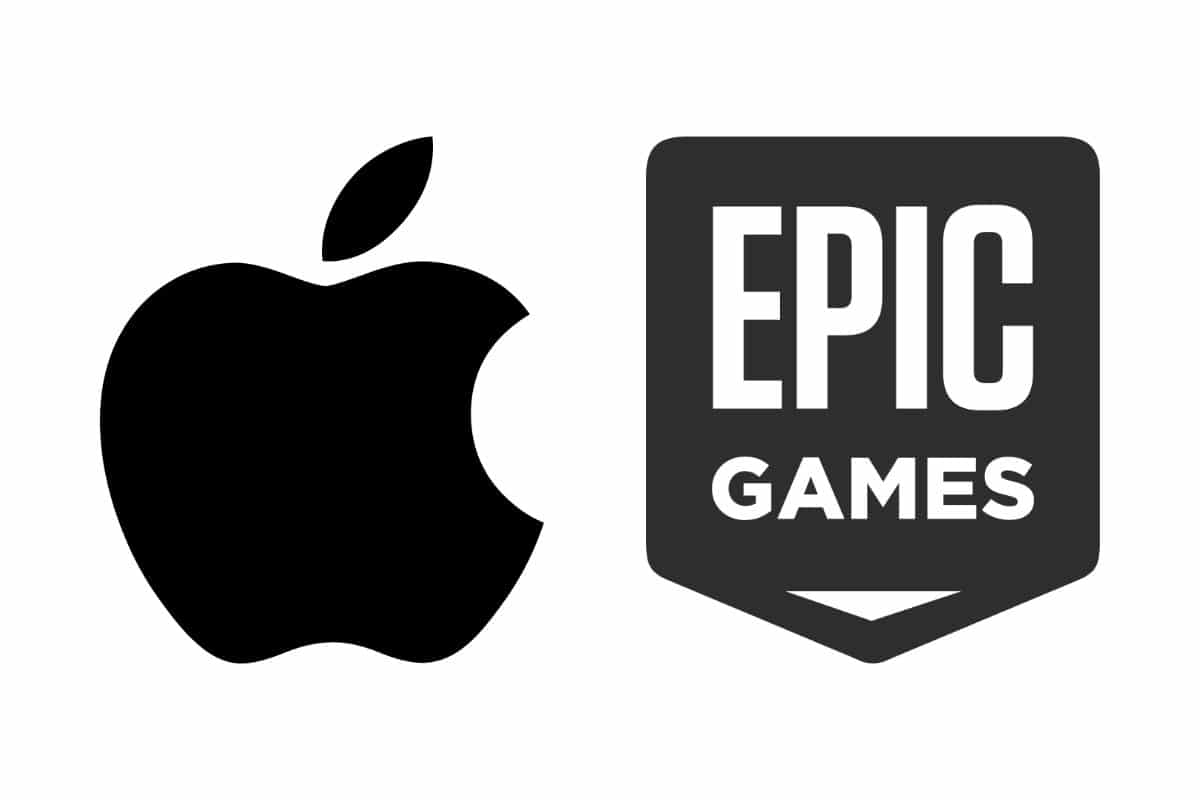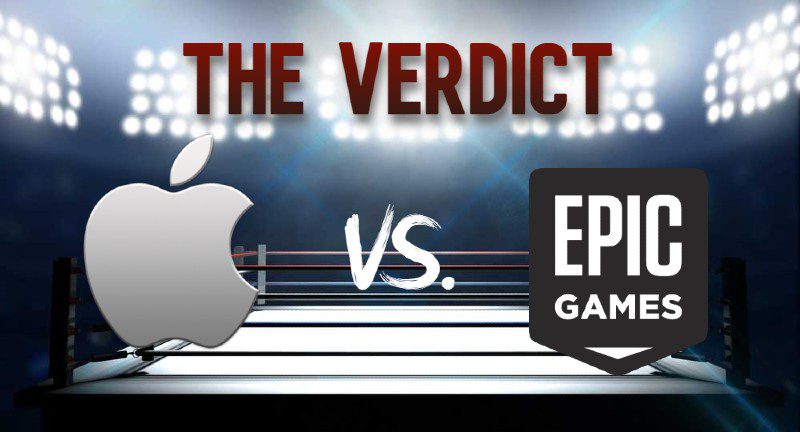The whole controversy started when on August 13, Epic Games updated the Fortnite app with a new feature, one that allowed consumers to pay Epic directly for in-app currency at a discount, rather than paying traditionally via Apple’s App Store payment mechanism. This mechanism helped Epic to skirt App Store rules to go through the App Store payment system, paying a 30% fee in the process.
iOS version of the game and Google Play Store have similar policies and fees making it a non-negotiable element for the vast majority of apps. Apple and Google pulled the game from the App Store for violating the App Store guidelines within hours. Though on Android the game is still available via third-party stores.
Epic Games filed a lawsuit against Apple on the same day of app removal. The company also retaliated against Google’s move and filed another lawsuit.
Epic Games took an accusatory stand and asserted, “behemoth seeking to control markets, block competition, and stifle innovation. The suit also went as far as to alleged Apple’s size and reach “far exceeds that of any technology monopolist in history.”

It also attested that the same policies are anti-competitive by forcing developers to use the App Store. The lawsuit pursued an order to prohibit “Apple’s anticompetitive conduct”. This includes any “equitable relief necessary.” Epic is aiming to get the social media hashtag #FreeFortnite trending.
In May, the world watched as Epic dragged Apple to the U.S. District Court, California, challenging the most profitable company in the world in the name of app fairness (and securing more Fortnite profits for itself). Judge Yvonne Gonzalez ruled in Apple’s favor.
In Favor of Apple
Gonzalez Rogers ruled that the App Store is not a monopoly; that Apple should not be punished for its success. “The Court finds in favor of Apple on all counts except with respect to violation of California’s Unfair Competition Law (Count Ten) and only partially with respect to its claim for Declaratory Relief,” the judge gave final verdict.
“Today’s ruling isn’t a win for developers or for consumers,” Epic CEO Tim Sweeney wrote in a tweet. “Epic is fighting for fair competition among in-app payment methods and app stores for a billion consumers.”
Today: Lost a court case, climbed a mountain, read hundreds of pages of legal papers, wrote some code. Just as determined as ever to fight on until there is genuine developer and consumer freedom in software, and fair competition in each mobile platform software component. pic.twitter.com/5PWD6va6mz
— Tim Sweeney (@TimSweeneyEpic) September 11, 2021
“The court has affirmed what we’ve known all along: the App Store is not in violation of antitrust law.” – Apple
If you have any questions, feel free to ask in the comments below. For more content, stay with us, here at Spiel Times.
Make sure you also subscribe to our push-notifications and never miss an update from the world of video games. Until next time, Stay Safe and Happy Gaming!
